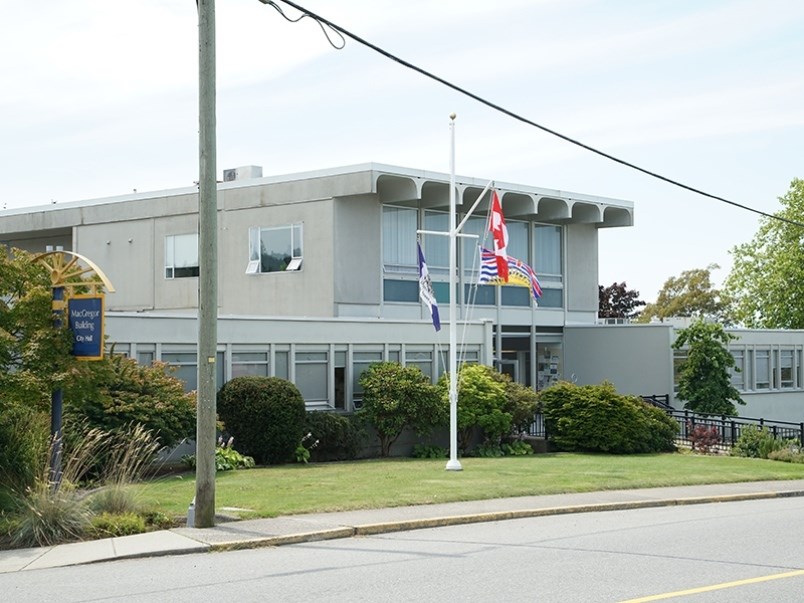City of Powell River Council will consider a temporary borrowing bylaw for funding the consolidated wastewater treatment plant.
At the February 8 special finance committee meeting, councillors considered a report from chief financial officer Adam Langenmaier that advocated going to temporary borrowing for the balance of constructing the plant. Currently, the city has $10 million in long-term debt that was secured for the construction of the facility in spring of 2020.
Langenmaier stated in his report this provided the city with cash on hand needed to begin the project and pay for expenditures as they occurred. The city can borrow up to $27,280,000 for the project, leaving $17,280,00 for temporary borrowing if council so chooses.
Councillors did not have any questions about the report and gave unanimous consent to send a temporary borrowing bylaw to council for consideration of three readings and final adoption.
In his report, Langenmaier stated that the process of long-term borrowing through the Municipal Finance Authority can only be done semi-annually, and that the process is not flexible, requiring requests for borrowing to be made several months prior to cash being received. He stated that this slow turnaround time could lead to the city running into a cash shortage, or more likely resulting in the city taking on more debt sooner than necessary.
A solution to facilitate cash flow is to enact a temporary borrowing bylaw on the already authorized load authorization bylaw, according to Langenmaier. He stated this type of financing is similar to a line of credit or construction loan where interest is only paid until the loan is paid off or converted to long-term debt.
Langenmaier stated that by adopting the temporary borrowing strategy, the city will be able to reduce the amount of time cash is being held unutilized.
“Once the city has taken on amounts of temporary borrowing it can then convert the borrowing to long-term debt, secure the interest rate, and start the 30-year payment process at the time of spring or fall debt issues,” stated Langenmaier. “At the completion of the project the city will be in a better position to assess cash reserves and outstanding debt and to decide how much of the debt the city is able to pay down prior to locking it in for the long term.”



